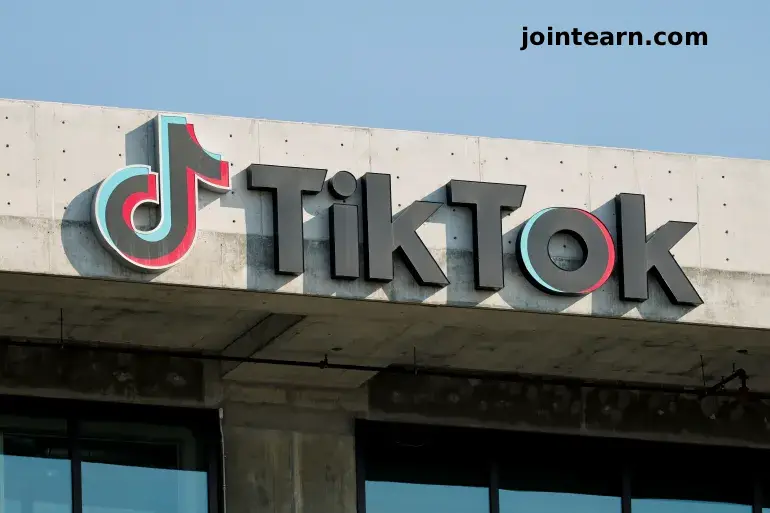
Beijing/Washington, D.C. – After months of tense negotiations, China has officially approved the transfer agreement for TikTok’s U.S. operations, marking a significant turning point in the high-stakes standoff over the popular short video app’s future.
U.S. Treasury Secretary Scott Bessent confirmed the approval during an interview on Fox Business Network’s “Mornings with Maria” on Thursday, saying the agreement was finalized in Kuala Lumpur during U.S.-China trade talks.
“In Kuala Lumpur, we finalized the TikTok agreement in terms of getting Chinese approval, and I expect it will move forward in the coming weeks and months,” Bessent said. “We’ll finally see a resolution to that.”
The announcement follows a recent meeting between U.S. President Donald Trump and Chinese President Xi Jinping, where both leaders pledged to stabilize economic and technological relations after years of escalating tensions.
Beijing Confirms Cooperation on TikTok Deal
China’s Ministry of Commerce also issued a statement confirming it would “properly handle TikTok-related issues with the United States.” A ministry spokesperson added:
“The Chinese side will work with the U.S. side to properly address issues related to TikTok.”
The approval signals Beijing’s willingness to cooperate on the matter after nearly 18 months of uncertainty surrounding the app, which is owned by ByteDance, a Beijing-based technology company. TikTok has over 170 million users in the United States, making it one of the most influential social media platforms in the world.
ByteDance has not yet publicly commented on the Treasury Secretary’s remarks.
Background: TikTok Under U.S. Scrutiny for National Security
The future of TikTok in the United States has been in limbo since 2024, when Congress passed a law requiring ByteDance to divest its U.S. operations by January 2025 over national security concerns.
Lawmakers and U.S. intelligence officials have long warned that TikTok’s Chinese ownership could enable the Chinese Communist Party to access sensitive user data — a claim both ByteDance and Beijing have repeatedly denied.
To comply with the law, President Trump signed an executive order last month authorizing the sale of TikTok’s U.S. assets to a consortium of American and global investors. The move was hailed as a way to preserve user access to the app while addressing security fears.
The executive order gave the buyers 120 days to complete the transaction and delayed enforcement of the law until January 20, 2026, to allow for a smooth transition.
Details of the TikTok Transfer Deal
According to U.S. government filings, the agreement allows ByteDance to retain less than a 20 percent stake in TikTok U.S., ensuring compliance with the divestment law.
Under the structure of the new company:
- ByteDance will appoint one of seven board members, while Americans will hold the remaining six seats.
- The TikTok algorithm will be retrained and monitored by the U.S. company’s cybersecurity partners.
- Operation of the algorithm will be fully controlled by the new joint venture, not ByteDance.
Treasury officials say the arrangement ensures that TikTok’s U.S. data and recommendation systems are protected from foreign interference while preserving the app’s functionality for American users.
Congressional Concerns and Future Oversight
Despite the progress, some lawmakers remain skeptical about the deal’s national security implications.
U.S. Representative John Moolenaar, chair of the House Select Committee on the Chinese Communist Party, warned that allowing ByteDance to license the TikTok algorithm to the new American entity could still pose “serious concerns.”
“The U.S. must ensure that the technology behind TikTok cannot be used as a backdoor for Chinese influence,” Moolenaar said earlier this month.
National security experts have called for continuous government oversight of the new TikTok entity to verify that user data, content moderation, and algorithmic control remain within U.S. jurisdiction.
Global Reaction and Market Implications
The news of China’s approval prompted positive reactions from financial markets, with tech and media stocks showing modest gains on Thursday. Analysts believe the resolution could ease broader U.S.-China trade tensions and set a precedent for future cross-border technology governance.
Digital policy experts say the agreement could also shape how Western nations handle foreign-owned social media apps and their compliance with domestic security and data privacy laws.
If finalized, the TikTok U.S. sale would represent one of the largest tech divestitures in modern history, reshaping the landscape of global digital media.


Leave a Reply